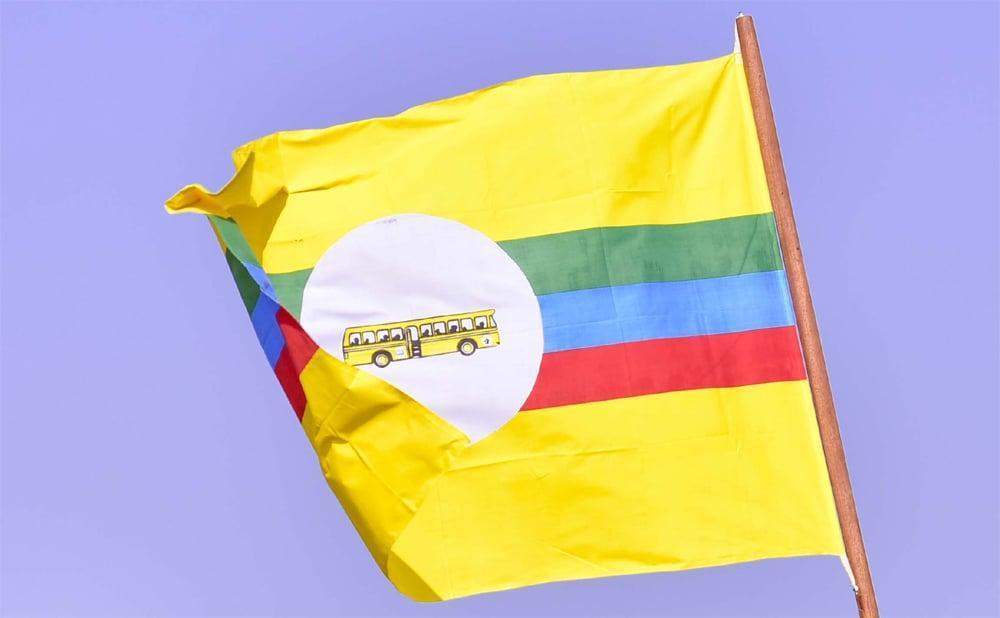Africa-Press – Uganda. The race for top positions in the National Resistance Movement’s Central Executive Committee (CEC) has entered full throttle. But it’s not just the intensity of the campaigns turning heads—it’s the money being spent to power them.
Across the country, aspirants are staging high-budget events, printing branded materials in bulk, and crisscrossing regions in convoys to secure the votes of party delegates. For a party that has long prided itself on grassroots structures and ideological discipline, the cash-fueled campaigns are raising eyebrows—even within its own ranks.
Adrine Kobusingye, a key contender for the NRM Women’s League Chairperson seat, admitted that the financial demands of the race are overwhelming.
“I’ve travelled across Uganda to reach out to delegates, and yes, a lot of money has been spent. More will be spent before voting day,” she said candidly in an interview.
But when asked to provide a ballpark figure, Kobusingye declined.
“If I start calculating what I’ve already used, I might give up on the whole thing.”
Kobusingye is not alone. Echodu David Calvin, who is vying for the position of NRM Vice Chairperson for Eastern Uganda, described the campaign as both financially draining and emotionally taxing.
“There’s no real financial return for this kind of investment,” he said. “But I’m driven by a desire to serve, not by profit. Still, it’s a costly journey.”
What has caught the attention of both critics and observers is the disconnect between the spending and the official compensation attached to these party positions.
With no significant salaries or personal financial benefit tied to CEC roles, many are asking the same uncomfortable question: Why spend millions to win a post that pays so little?
The Price of Power?
Veteran politician and former CEC member Capt. Francis Babu is among those sounding the alarm.
“Some of these candidates are trying too hard to get close to the President,” he observed. “That’s what’s worrying. There are no big salaries in these positions, so we must ask: What is really at stake?”
Babu warned that unchecked financial influence in internal party elections could damage the NRM’s leadership credibility and distort its ideological roots.
“The party should investigate the sources of these funds. If this goes unchecked, we risk breeding leaders whose loyalty lies with their funders—not the people.”
He called for a return to more controlled, grassroots-based electoral systems that minimize the role of money and emphasize ideology, service, and character.
Despite the scrutiny, candidates like Kobusingye and Echodu insist their campaigns are driven by commitment—not by personal gain.
“We are doing this out of dedication to the NRM’s values. It’s not about what we’ll gain—it’s about what we can give back,” Kobusingye said.
Echodu echoed the sentiment.
“Service comes at a cost, and we’re willing to pay it. But I also hope the party reflects on how hard it has become for ordinary people to contest.”
That last point has sparked broader concerns among young and less wealthy members of the NRM who feel locked out of high-level politics. In their view, the growing monetization of internal campaigns risks turning the party into a playground for the wealthy—undermining its revolutionary roots.
With elections slated for August 27 and 28, and money still flowing freely, the NRM faces a critical test—not just of leadership, but of integrity.
The outcome will not only determine who takes the helm of the party’s most influential organ, but also signal whether the NRM is prepared to confront the corrosive influence of unchecked campaign financing.
If it doesn’t, party insiders warn, the long-term cost will be much greater than any campaign budget.
For More News And Analysis About Uganda Follow Africa-Press






